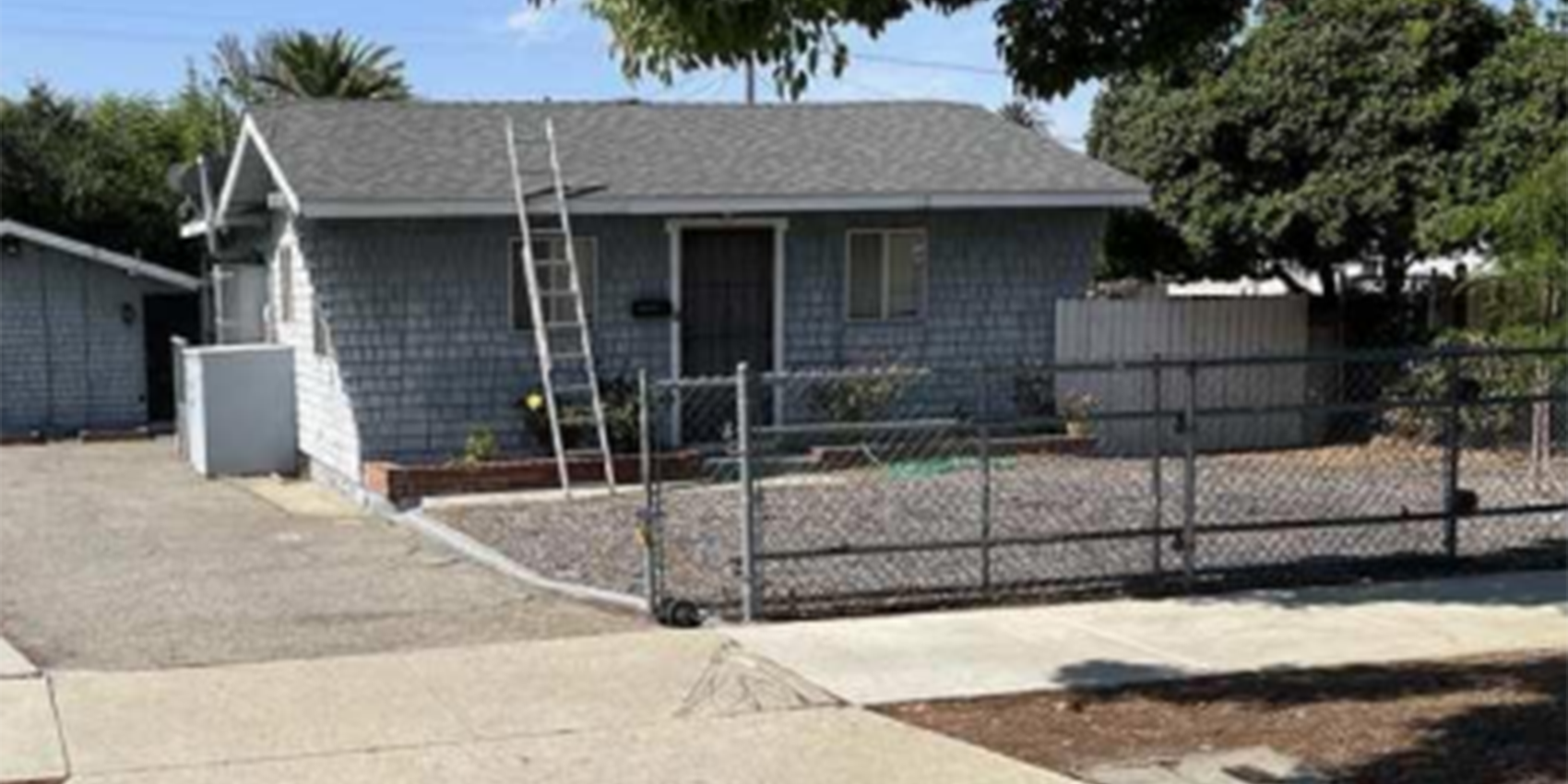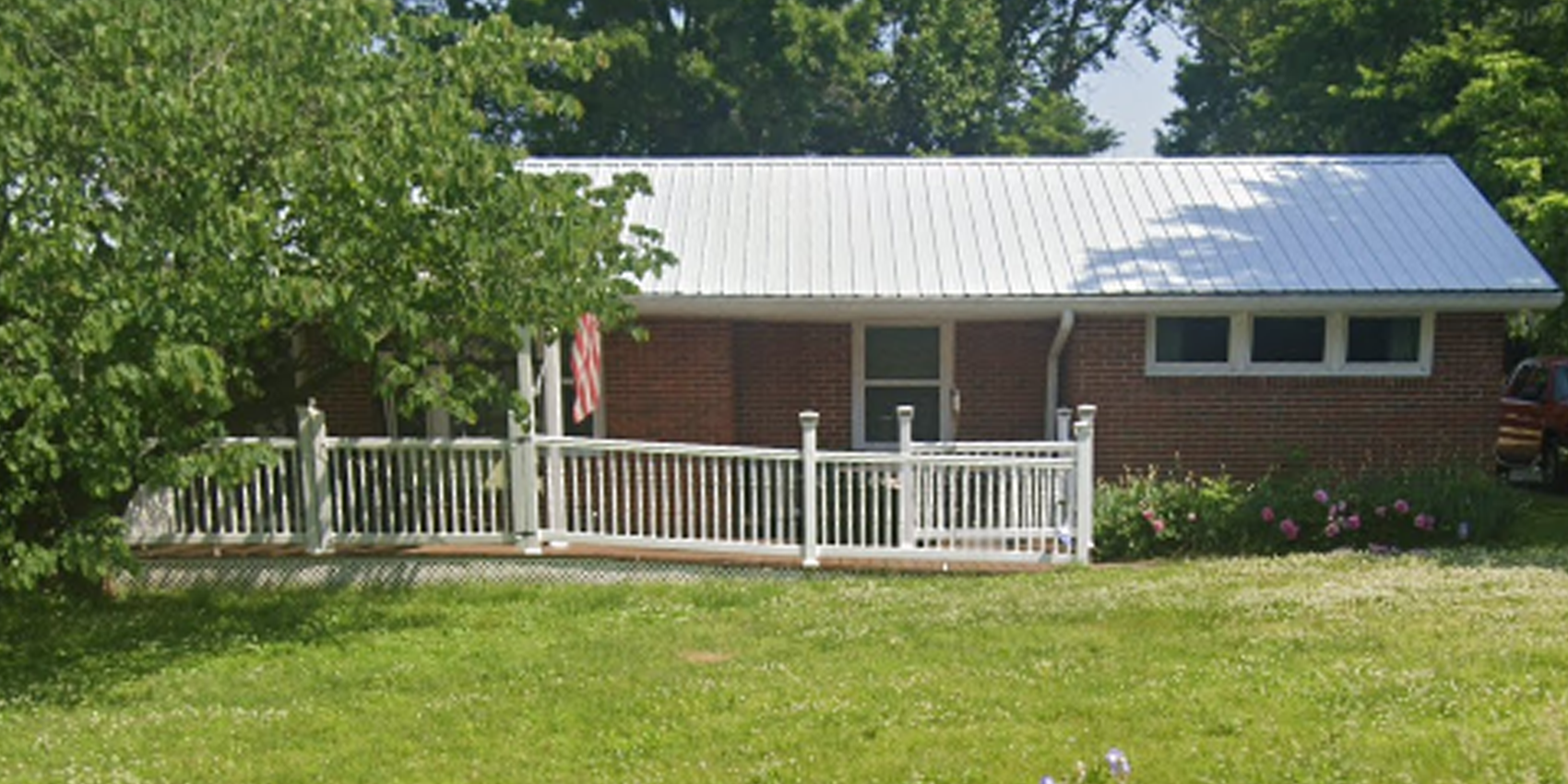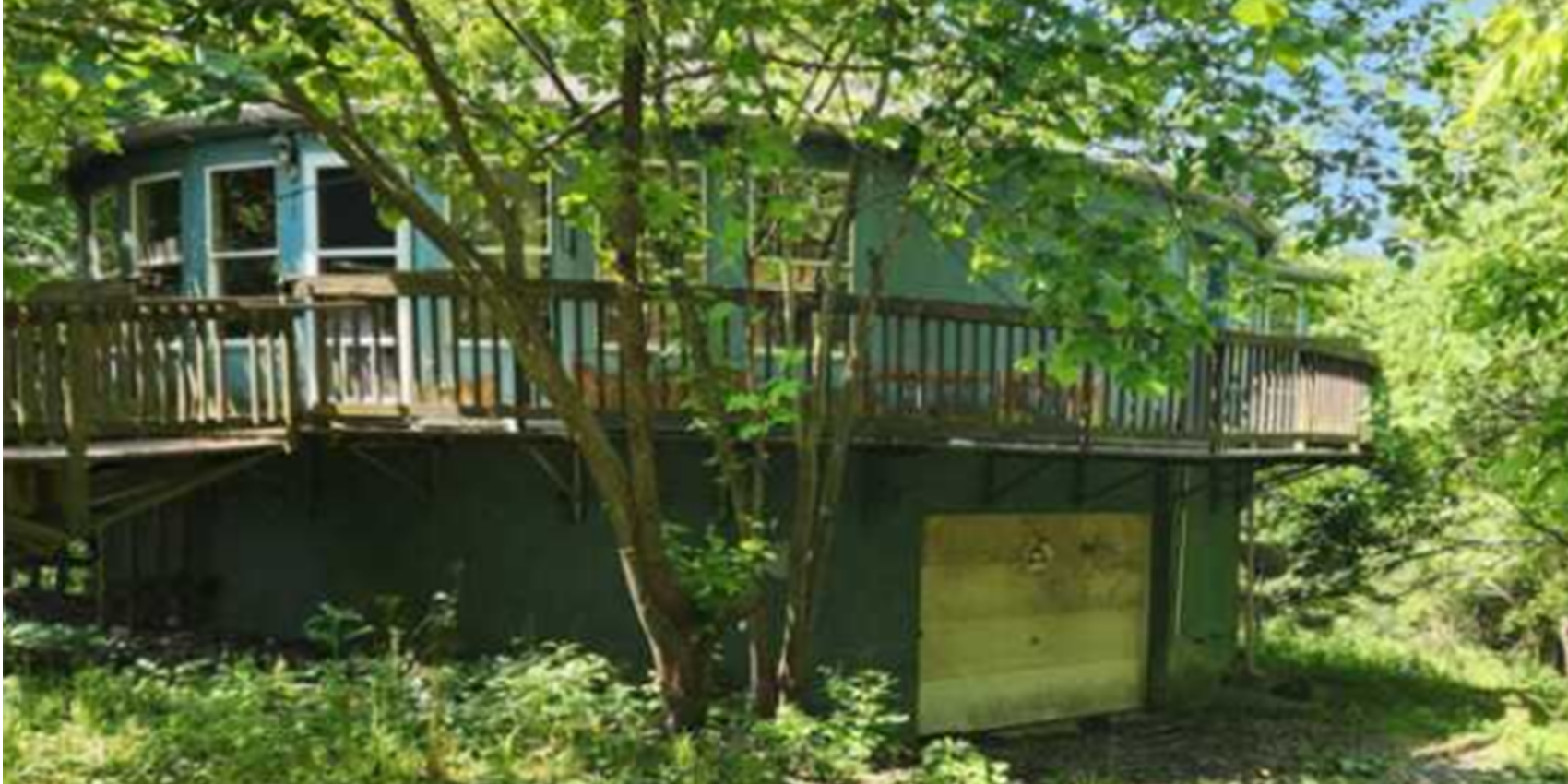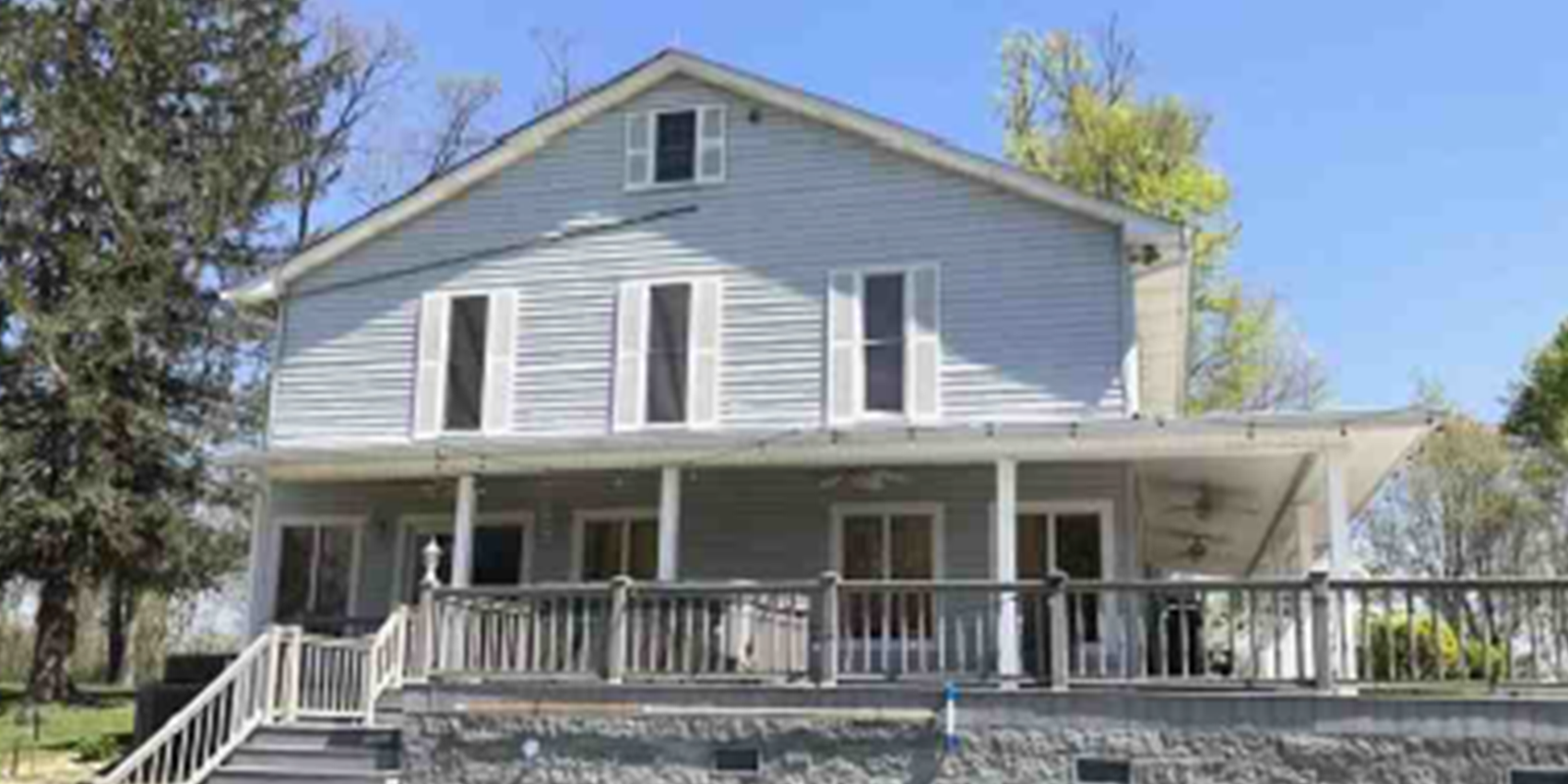There are definitely winners and losers in the financial realm coming out of the COVID-19 crisis. Some industries are undeniably on life support, others are showing mild symptoms, and some have sailed through with a robust, healthy outlook.

Hardest hit—beyond a doubt—is the entertainment and hospitality industries. Hotels, vacation spots, tourism, transportation to the locales—all have suffered tremendously. Tour sites, wineries, restaurants, anything that has to do with travel, is on a ventilator and hoping for the best. What this does is start the ripple effect that so many are afraid of. Hotels don’t have customers staying, retailers have lost a great deal of their traffic, restaurants’ revenue is down by as much as 80 percent.
Retailers pushed to the brink include Lord & Taylor, Men’s Wearhouse, JC Penny, J.Jill, Chicos, Pier One Imports and many others because we don’t need to buy travel clothes this year, neither do we need to get new work clothes since most of us are either out of work, or working from home where no one cares if we’re wearing pants or not. Do you think these companies are paying their leases? or mortgages? So, the building owners are now in a scramble because they are receiving less in payments and they are looking to their banks for help. Banks, on the other hand, have $2.38 Trillion of commercial real estate loans on their books. They could face an onslaught of landlords asking to restructure their leases because retail tenants are falling behind.

Milder symptoms have hit the commercial business industry. While it’s true that the same ripple effect has hit this sector—people are not going to the office, or factories are not up to full speed—it has, at least, kept going with more success than the entertainment/tourism sector. San Francisco based developer of office, retail and residential buildings Michael Covarrubias said, “We are in a dead zone: no leases, no sales, no purchases, no loans.” And the NY Times reported, “While rent collections for office space are holding up better than for other property types, co-working and flexible space companies are being hit hard as customers pare their spending or avoid communal settings.” The question occurs, then, “Will companies (as they begin to move again) need more office space to spread out their employees? or will they need less space because they need fewer offices overall?
No matter what happens, people will still need places to live. Single family homes will fare okay; luxury market might take a hit and some cities and municipalities will suffer as residents emigrate for the surrounding countryside, making the secondary markets more attractive than ever.
Multi-family housing seems strong, as long as property owners are wise with their cash and have a reserve to work from. Any investor who is looking to buy in the housing market right now, probably has less competition than before and that might make is easier to find and acquire what you want. Commercial property deals are still happening. Recent sales in New York City, for example include $26.5 million for an apartment building in Queens; a $4.4 million apartment building, and a $2.2 million office building with residential space. According to npexecutive.com, San Diego’s commercial real estate market maintained relative stability with a number of key deals closing, particularly in the office sector.

Bigger deals are still active and going to closing in key markets like New York and southern California. Some deals are predicated on short term leases, temporary terms and a “try before you buy” mentality as companies don’t want to commit significant capital right now.
Companies are watching where the talent is moving as workers flee the cities and they will likely follow. This will probably change the commercial landscape as companies redesign their needs for space and/or workers, move operations, or build new (or not).
Where does this leave you, the investor? Well, the smart move is to buddy up with a development company manager who knows that real estate is likely the safest bet right now, especially single family homes and smaller multi-housing properties. At Paradyme, we have the expertise, the insight, the wisdom and the patience to come out of this uncertainty intact. Call us for more information.






